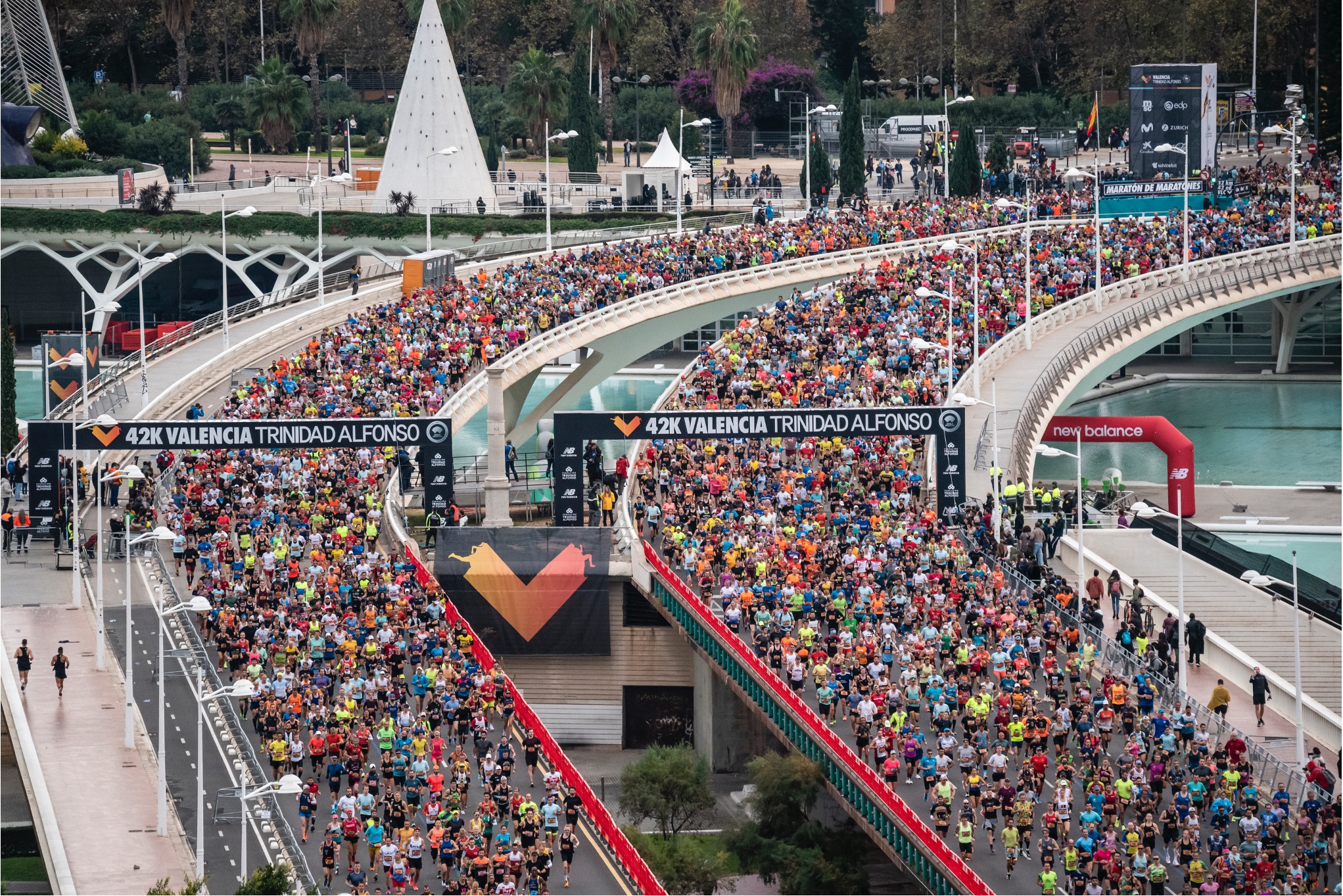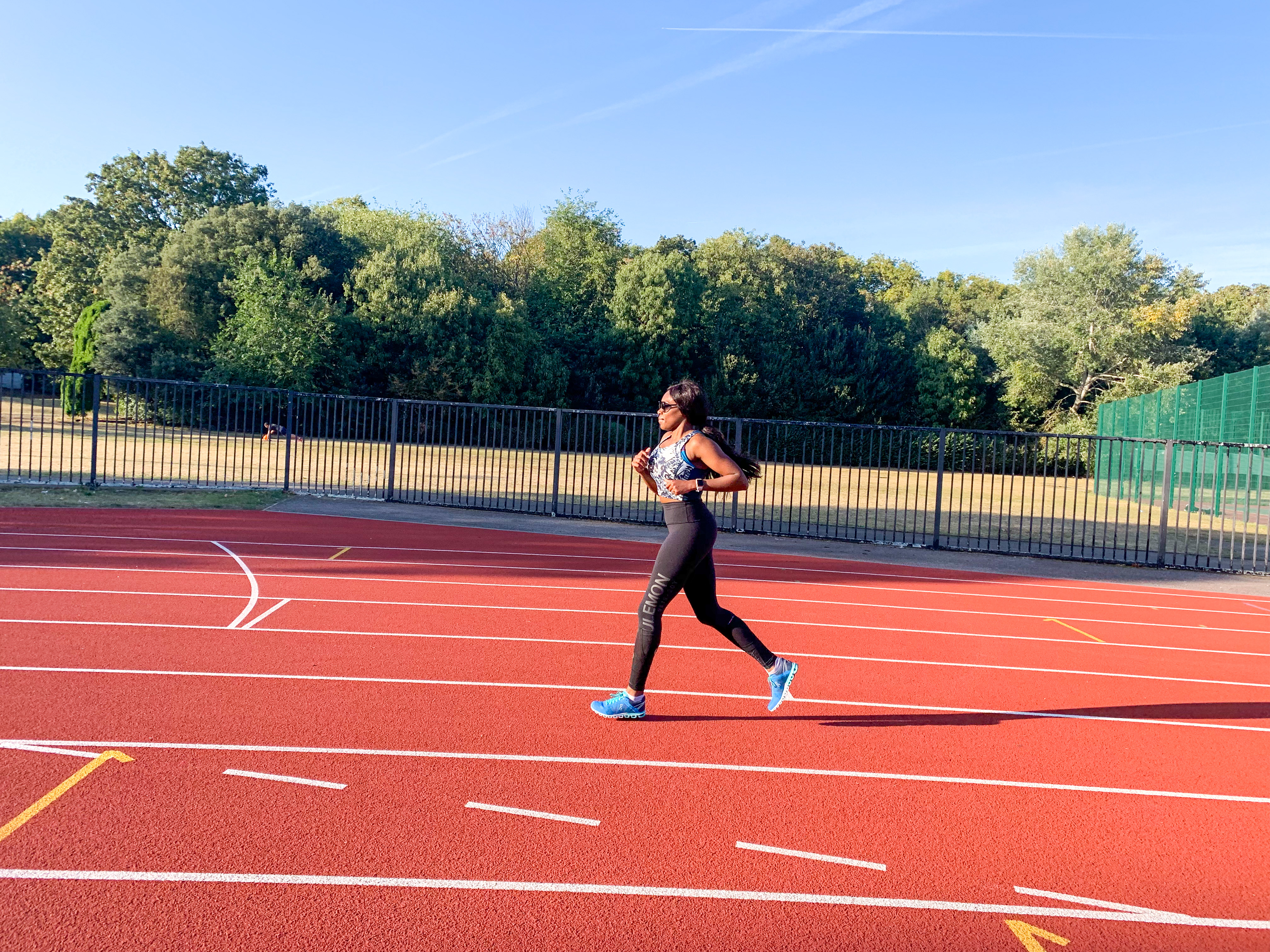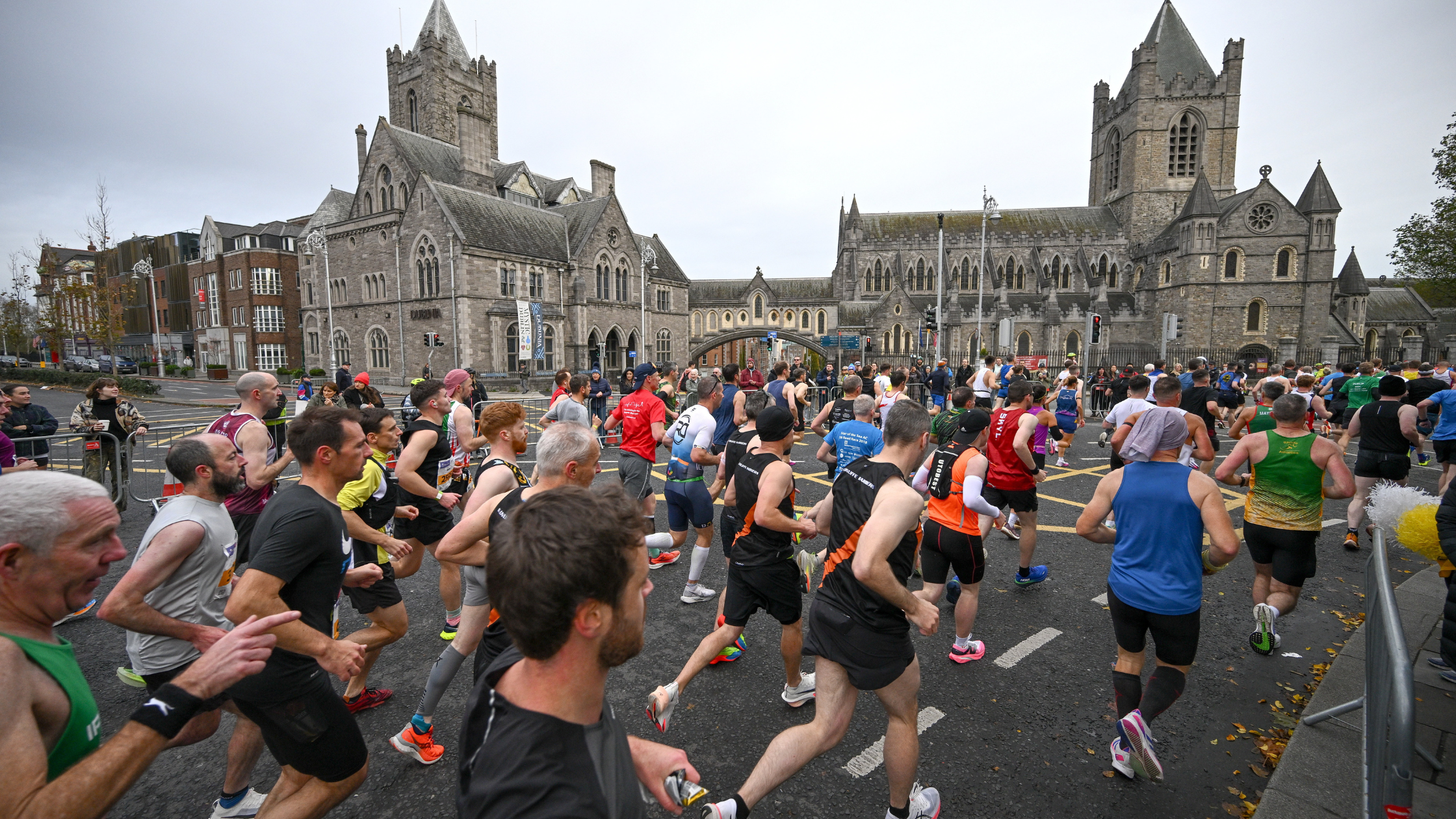Illness can strike at a time when you can least afford to skip training. So what should you do when you are struck by illness to ensure you minimise your training loss but don’t jeopardise your overall health?
Illness is an unwelcome disruption to training at the best of times and often poses a dilemma to the hardened runner. Runners tend to be creatures of habit and the determination and stubbornness to hit your weekly mileage goal or quota of runs often overrides common sense. You can picture the scenario; you have a sore throat but you convince yourself that it’s nothing and lace up your trainers as you don’t want to miss a session. But what was a minor sore throat quickly escalates into a full blown cold, or worst still, a chest infection and you are ultimately forced to miss more training.
The ‘neck rule’
Ploughing on regardless of illness is not a display of toughness and it can be dangerous. Many sports doctors advocate the ‘neck rule’ to determine whether you should still run when you are ill.
If your symptoms are above the neck, (sneezing, runny nose, mild sore throat), then easy running should be okay, as long as you back off the duration and intensity until the symptoms resolve. Harder training sessions or races are not advisable and will almost certainly prolong your recovery. If however, you have symptoms below the neck, (chesty cough, fever, muscle aches, stomach upset, vomiting), then you definitely need to rest.
So, what’s best to do when illness strikes?
As frustrating as it is having to miss training, you should listen to what your body is telling you. Fighting a virus or infection can drain your body of valuable energy, which further lowers your immune system. This means that if you further stress your body through training when ill you are much more susceptible to succumbing to another virus or infection. Rest really is best!
A few days off training will do your fitness no harm at all and will actually give your body the opportunity to absorb the hard work that you’ve done.
Many runners fear that by resting their hard earned fitness will disappear overnight, but that simply isn’t the case. A few days off training will do your fitness no harm at all and will actually give your body the opportunity to absorb the hard work that you’ve done. If you can tolerate food then ensure that you continue to eat well and be sure to keep on top of your hydration levels. Good hydration is key in immune function. Saliva is your first line of defence when it comes to fighting pathogens and if you are dehydrated you tend to produce less of the slobbery stuff, therefore compromising your immune system.
When to resume training?
Once you are feeling better wait one more day before resuming training in order to give your body a fighting chance. This is particularly important if you’ve been suffering from a sickness bug as it enables you to rebuild your glycogen stores and hydration levels and ensures that your immune function is restored to full power.
How quickly you can return to full training following illness depends on the severity and duration of your symptoms.
How quickly you can return to full training following illness depends on the severity and duration of your symptoms. It can be very tempting to jump straight back into your training schedule or to try and make up for lost time, however if you push too hard too soon you run the very real risk of suffering a recurrence of the illness or worse still a longer-term complication such as post-viral fatigue.
Returning to training following illness should be treated in much the same way as injury; it needs to be gradual. You should start with a short, easy paced running for several days before introducing higher intensity work. Don’t be fooled into thinking that you can jump straight back into a hard session or race without your body rebelling! Here’s to some happy and healthy training!















